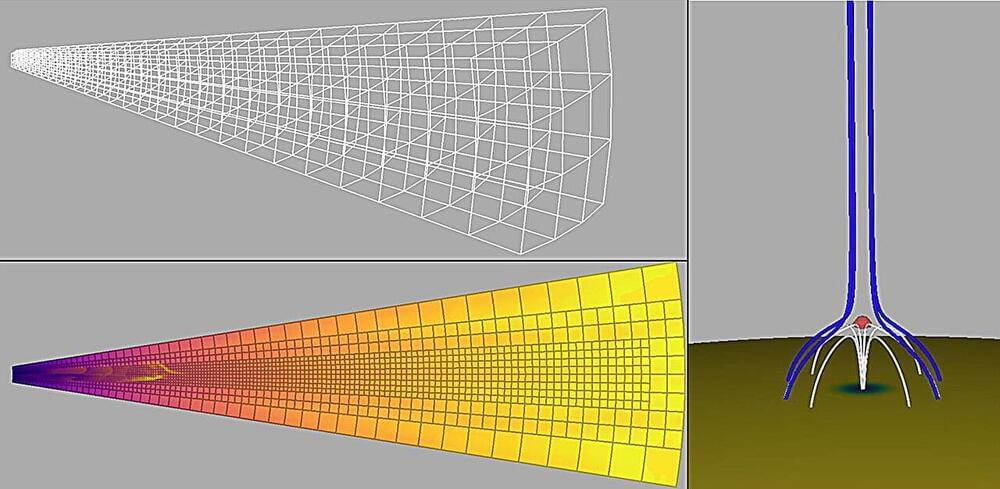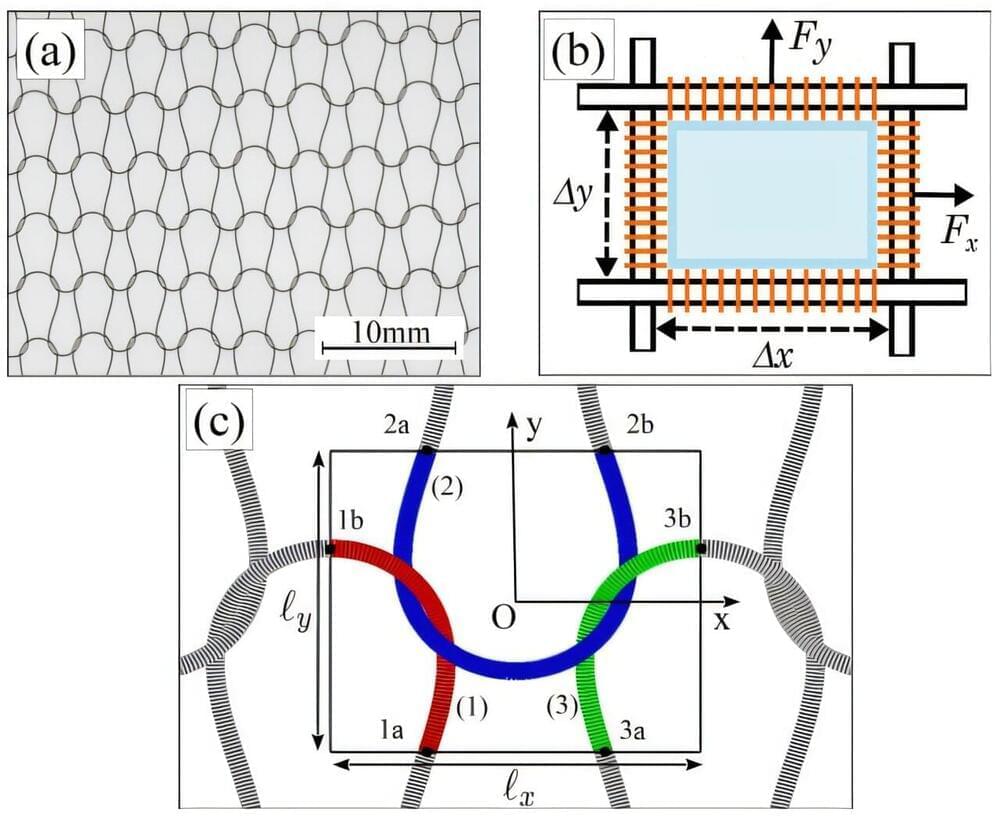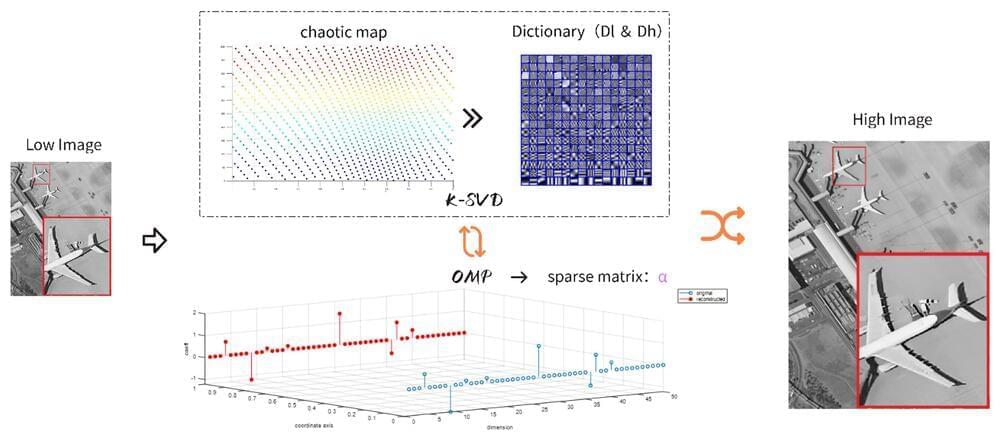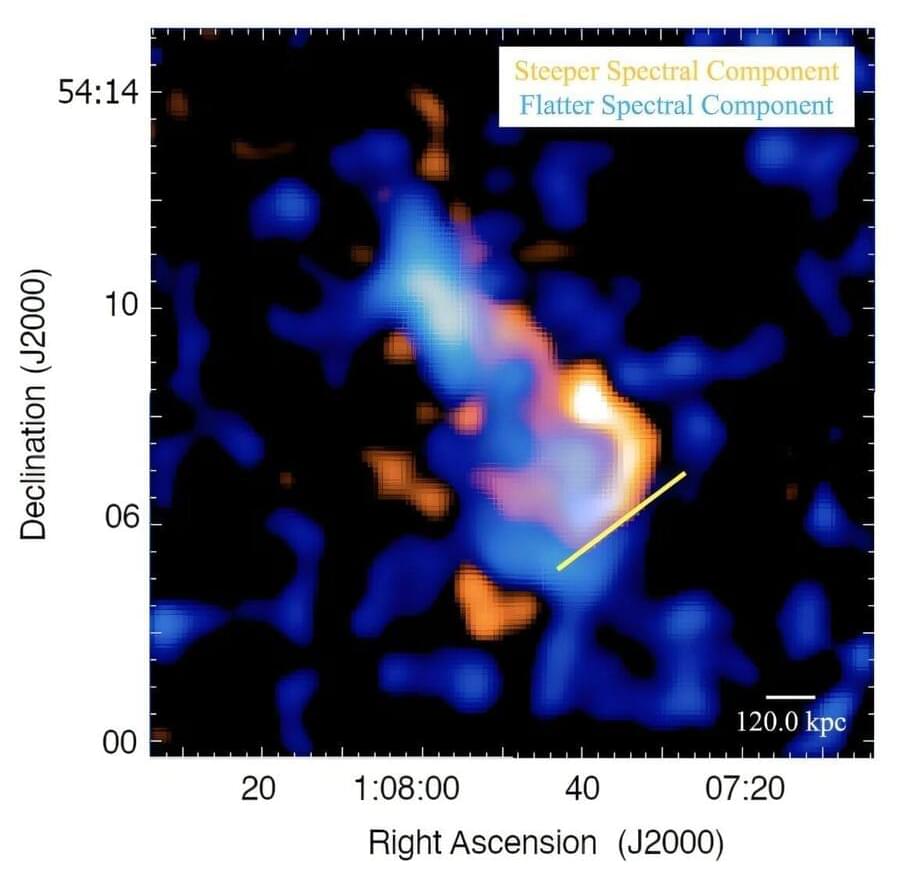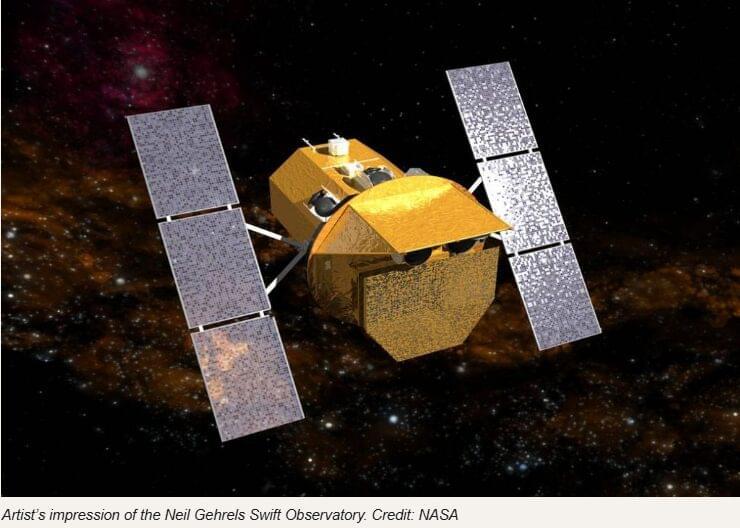“The Universe Expands Beyond All Bounds”
The universe expands beyond all bounds, Black holes gain mass, where wonders surround. Curvature shifts like moonlight’s gleam, Adding new mass, no matter redeemed.
A new year dawns with lessons to share, Physics reveals a truth so rare. The cosmos vast, profound, and wide, Marks 2025 with knowledge as our guide.
The first endeavor of this brand-new year, Explains black hole growth without drawing near. Expanding space, a force untamed, Curvature energy, its role proclaimed.
Based on observed and verified research: arxiv.org/abs/2302.
Through our novel gravitational field theory: dx.doi.org/10.1016/j.astropartphys.2024.
Details await within the links above, Happy New Year 2025 to all with love! http://dx.doi.org/10.13140/RG.2.2.18170.


